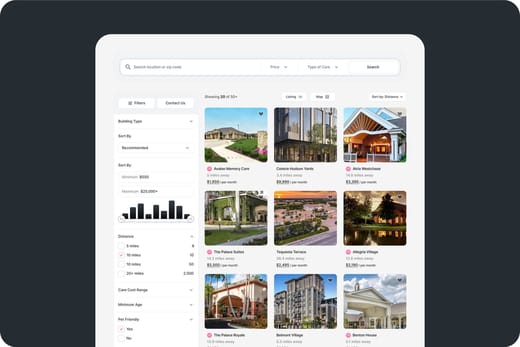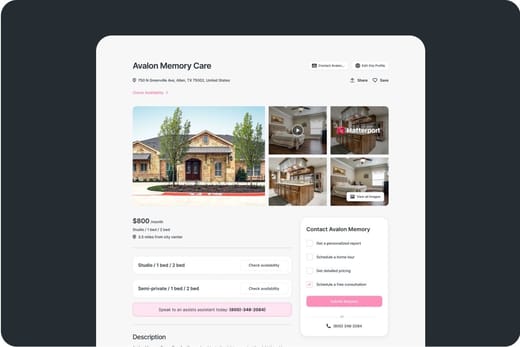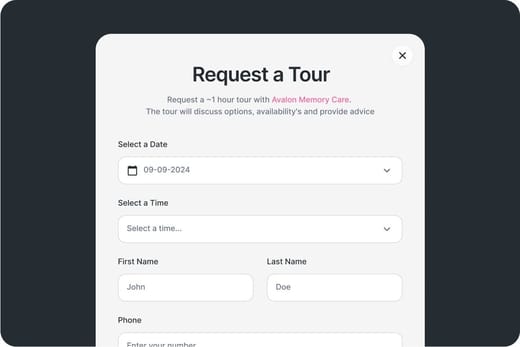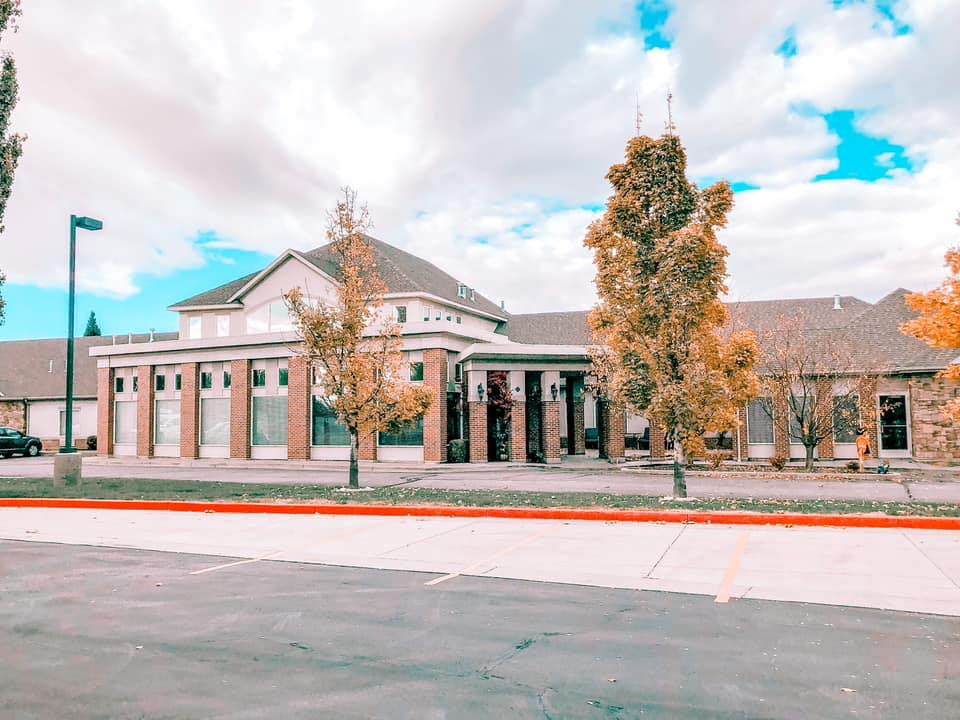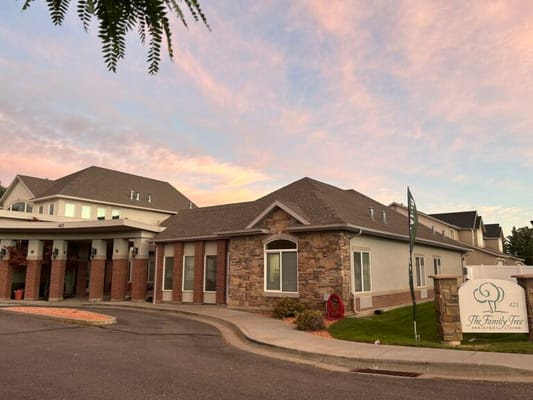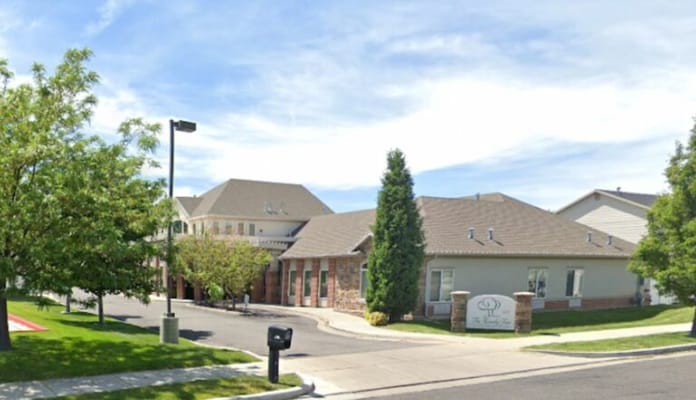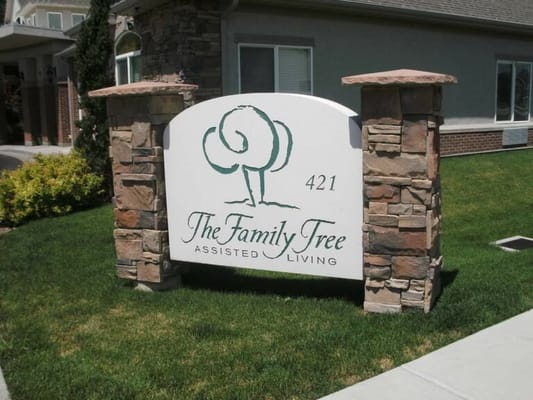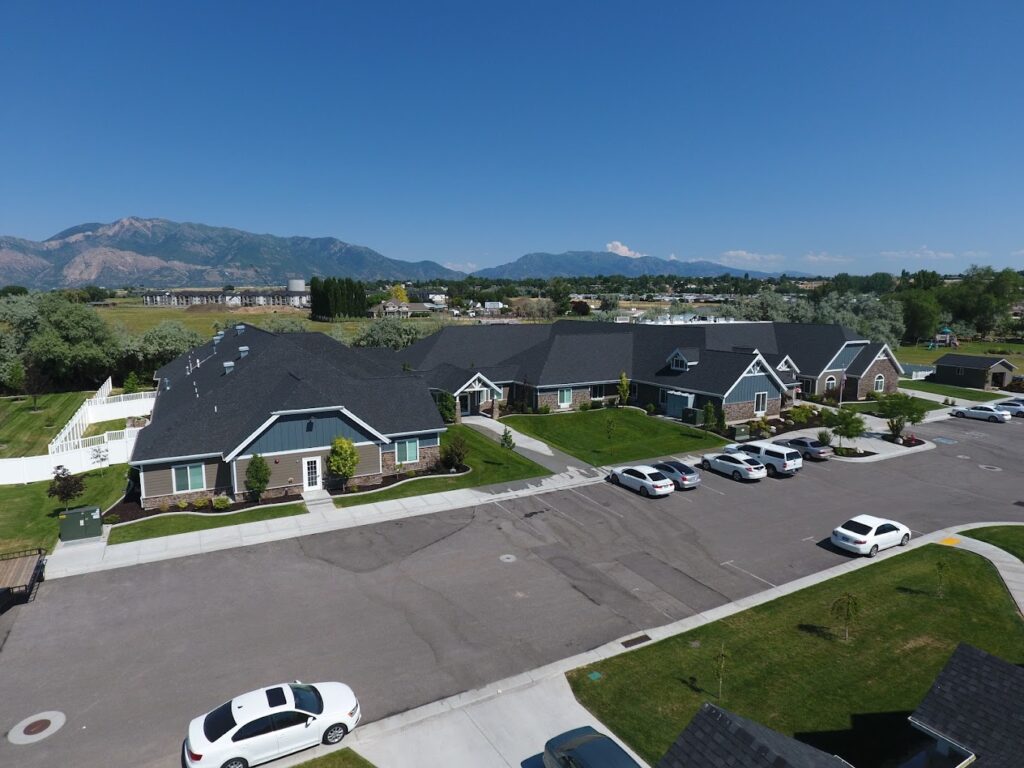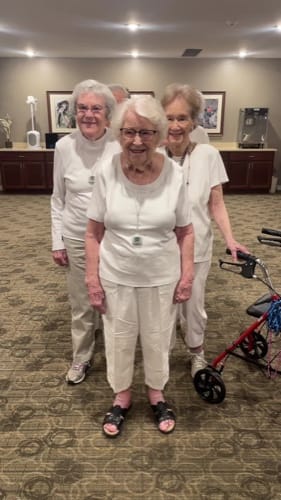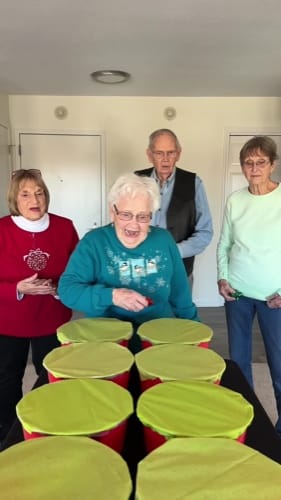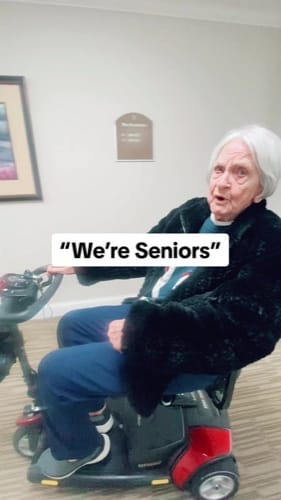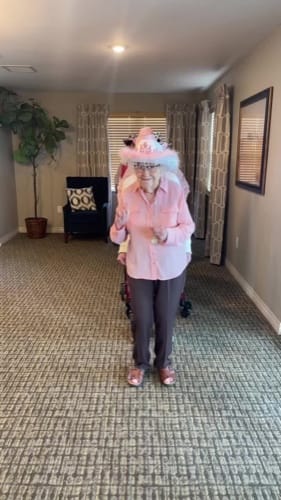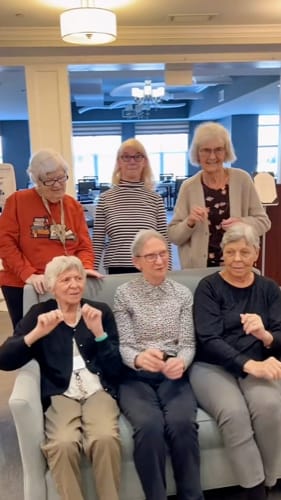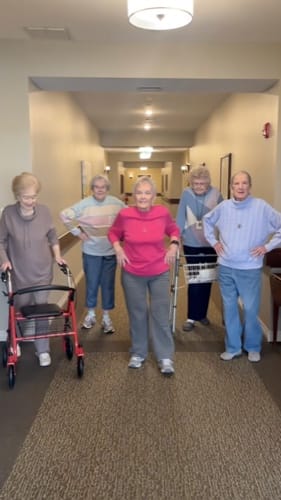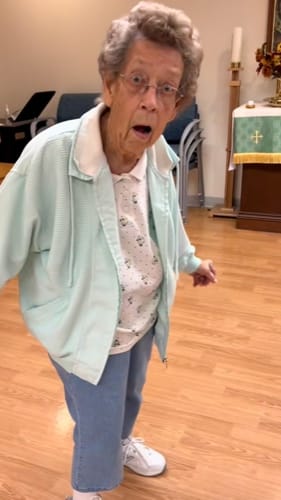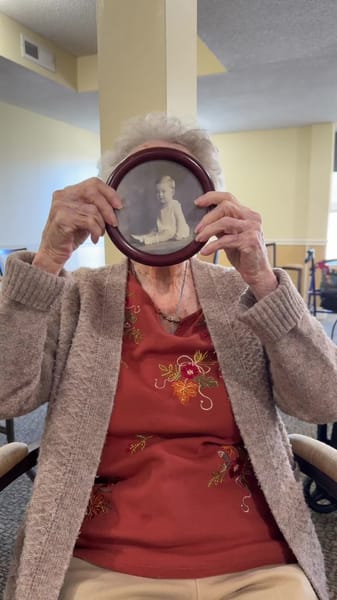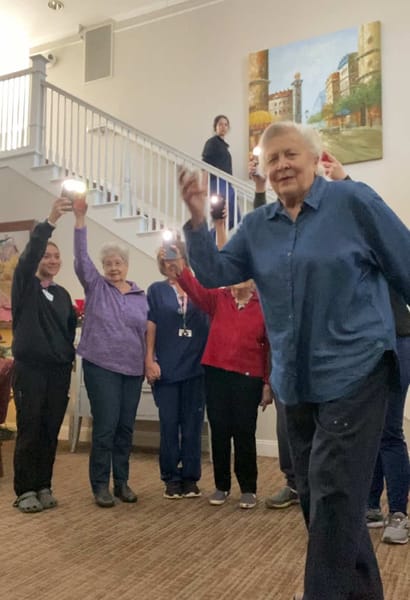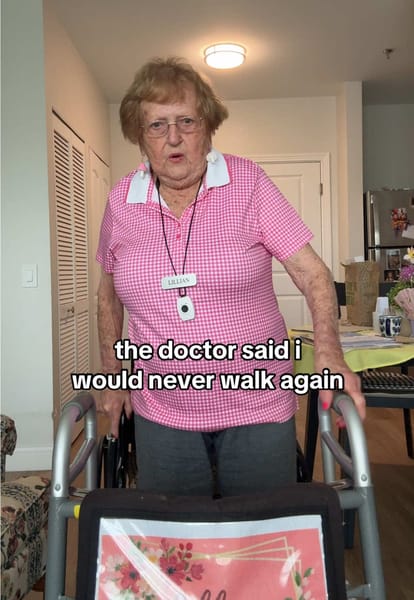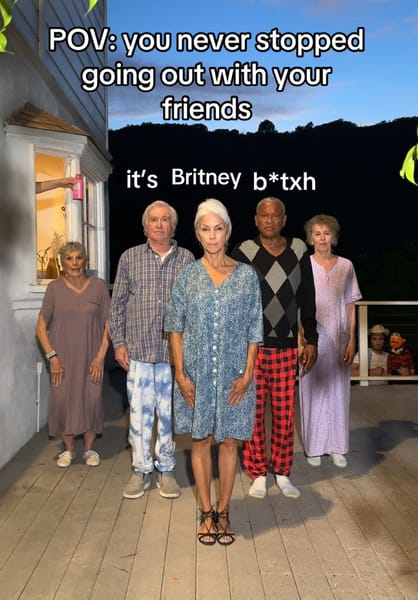Family Tree Assisted Living of West Point
Family Tree Assisted Living of West Point is an Assisted Living Home in Utah
Family Tree Assisted Living… is an Assisted Living Home in Utah
Family Tree Assisted Living of West Point
Family Tree Assisted Living of West Point is an Assisted Living Home in Utah
Family Tree Assisted Living… is an Assisted Living Home in Utah
Tucked in the heart of downtown West Point, Utah, Family Tree Assisted Living unveils itself as a hidden gem in Davis County. With its ideal location and access to a nearby fire station, it stands as a beacon of safety for its residents. This home extends its caring touch to support with ADLs (Activities of Daily Living), understanding the unique needs of each resident.
With its 35 units, some adorned with charming walkout patio spaces, Family Tree Assisted Living embraces its residents with open arms. The studio units boast luxurious walk-in closets and showers, ensuring comfort and convenience at every turn. This facility goes beyond the ordinary, providing access to specialized home health services through individual contracts with esteemed home health agencies. Its dedicated staff provides general nursing care and assistance with medication, making it one of the most sought-after assisted living facilities, all in the pursuit of ensuring residents’ well-being and enhancing their assisted living experience.
Capacity and availability
Smaller home
May offer a more intimate, personalized care environment.
About this community
Additional licensing details
What does this home offer?
Pets Allowed: Yes, Pets Allowed
Building Type: Two-story
Transportation Services
Fitness and Recreation
Types of Care at Family Tree Assisted Living of West Point
Inspection History
In Utah, the Department of Health and Human Services, Health Facility Licensing conducts regular onsite inspections to ensure compliance with state and federal healthcare standards.
2 visits/inspections
Comparison Chart
The information below is reported by the Utah Department of Health and Human Services, Health Facility Licensing.Assisted Living For seniors needing help with daily tasks but not full-time nursing.
Assisted Living For seniors needing help with daily tasks but not full-time nursing.
Assisted Living For seniors needing help with daily tasks but not full-time nursing.
Independent Living For self-sufficient seniors seeking community and minimal assistance.
Memory Care Specialized care for those with Memory Loss, Alzheimer's, or dementia, ensuring safety and support.
Nursing Homes 24/7 care needed
Assisted Living For seniors needing help with daily tasks but not full-time nursing.
Assisted Living For seniors needing help with daily tasks but not full-time nursing.
Places of interest near Family Tree Assisted Living of West Point
206 miles from city center
421 N. 3150 W., West Point, UT 84015
Calculate Travel Distance to Family Tree Assisted Living of West Point
Add your location
Guides for Better Senior Living
Care Cost Calculator: See Prices in Your Area
Nursing Home Data Explorer
Don’t Wait Too Long: 7 Red Flag Signs Your Parent Needs Assisted Living Now
The True Cost of Assisted Living in 2025 – And How Families Are Paying For It
Understanding Senior Living Costs: Pricing Models, Discounts & Financial Assistance
Claim What’s Yours: Financial Aid for Utah Seniors
- General: Age 65+, Utah resident, Medicaid-eligible, nursing home-level care need.
- Income Limits (2025): ~$2,829/month (300% FBR, individual).
- Asset Limits: $2,000 (individual), $3,000 (couple).
- UT Specifics: Rural challenges; waitlists possible.
- Services: Personal care (5-7 hours/day), respite (240 hours/year), adult day care ($65/day), home modifications ($1,500 avg.).
- General: Age 60+, Utah resident, at risk of nursing home.
- Income Limits: ~$2,000/month (individual, varies).
- Asset Limits: $5,000 (individual).
- UT Specifics: Limited funding; rural focus.
- Services: In-home care (3-5 hours/week), respite (up to 10 days/year), transportation (~5 trips/month).
- General: Age 60+, UT resident; no income/asset limits.
- Income Limits (2025): None; donations encouraged.
- Asset Limits: Not assessed.
- UT Specifics: 12 AAAs; includes Meals on Wheels; rural emphasis.
- Services: Meals (~$5-$7/meal), transportation, homemaker services (~4 hours/week), respite (5 days/year), legal aid.
- General: Age 65+ or disabled, UT resident, Medicare Part A/B.
- Income Limits (2025): ~$2,510/month (QMB), ~$3,380/month (SLMB), ~$3,598/month (QI)—individual.
- Asset Limits: $9,430 (individual), $14,130 (couple).
- UT Specifics: Includes Extra Help for Part D; no waitlist.
- Services: Covers Part B premiums ($174.70/month), deductibles ($240/year), copays (~20%).
- General: Age 60+ prioritized, UT resident, low-income household.
- Income Limits (2025): ~$3,970/month (185% FPL).
- Asset Limits: Not assessed.
- UT Specifics: Covers gas, electric, propane; emergency aid available.
- Services: Heating/cooling aid ($300-$1,000/season), crisis aid ($500 max).
- General: Caregivers of 60+ needing care or 55+ caregivers of others; UT resident; 2+ ADLs.
- Income Limits (2025): No strict cap; prioritizes low-income (~$24,980/year).
- Asset Limits: Not assessed.
- UT Specifics: Includes grandparent caregivers; serves ~1,500 annually.
- Services: Respite (4-6 hours/week or 5 days/year), adult day care ($60/day), training, supplies (~$500/year).
- General: Age 55+, unemployed, low-income, UT resident.
- Income Limits (2025): ~$1,983/month (125% FPL).
- Asset Limits: Not specified.
- UT Specifics: Priority for veterans, rural residents; AARP partnership.
- Services: Paid training (~20 hours/week at ~$7.25/hour), job placement.
- General: Age 65+ or disabled veteran/spouse, UT resident, wartime service, ADL help (A&A) or homebound.
- Income Limits (2025): Net income < ~$1,984/month (veteran with dependent, A&A); pension offsets income.
- Asset Limits: ~$155,356 (net worth).
- UT Specifics: Supports rural veterans; high demand near VA centers.
- Services: Cash (~$1,433-$2,642/month veteran, ~$951-$1,318 spouse) for care costs.
- General: Age 66+ (abatement) or 75+ (deferral), UT resident 10+ months/year, homeowner.
- Income Limits (2025): ~$40,000/year (household, abatement); no limit for deferral.
- Asset Limits: Not assessed; home value < ~$500,000 typical.
- UT Specifics: Abatement up to $1,200; deferral accrues interest (2.5%-5%).
- Services: Tax relief (~$500-$1,200/year) or deferral (postpones payment).
- General: Age 60+, UT resident, low-income.
- Income Limits (2025): ~$2,322/month (185% FPL).
- Asset Limits: Not assessed.
- UT Specifics: Vouchers (~$50/season); serves ~5,000 via 12 AAAs.
- Services: Vouchers (~$50/season) for produce at farmers’ markets.
Your Senior Care Partner, Every Step of the Way
We help families find affordable senior communities and unlock same day discounts, Medicaid, and Medicare options tailored to your needs.
Contact us Today
Touring Checklist for Senior Living
Touring a community? Use this expert-backed checklist to stay organized, ask the right questions, and find the perfect fit.
Location
Community Spaces and Overall Environment
Services
Staffing
Accommodations
Finances
Other Notes
Send Checklist to Your Email
We'll send you a PDF version of the touring checklist.

